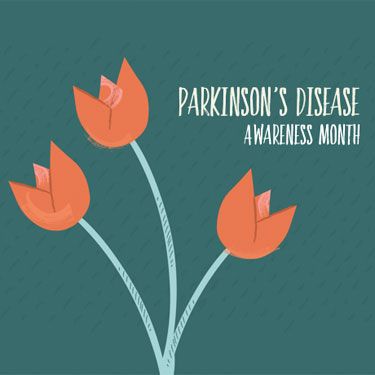
April is Parkinson's Awareness Month!
What is Parkinson's disease?
Parkinson’s disease is a neurodegenerative disorder that affects predominately the dopamine-producing (“dopaminergic”) neurons in a specific area of the brain called substantia nigra. Symptoms typically develop slowly over the years, and often include tremors, slowness and paucity of movement, limb stiffness, and gait and balance problems. As the disease progresses, non-motor symptoms can develop, including a variety of cognitive impairments.
What programs does Insight offer?
While families living with Parkinson’s disease can benefit from many of Insight’s programs, below are a few options that might be beneficial!
Parkinson Friends
Offered in partnership with Inova Parkinson’s and Movement Disorders Center, meet other people with Parkinson’s and their families to learn from local experts and encourage each other, and leave with a feeling of hope and purpose that you can get the most out of life, maintain your independence, and continue to enjoy all that life has to offer.
• Sterling Parkinson Friends, meets first Thursdays at 2:00 pm
• Fairfax Parkinson Friends, meets first Wednesdays at 12:30 pm
Care and Respite Programs
No matter what stage of the journey your loved one is in, Insight offers programs for the diagnosed individual:
• Reconnections, early stage engagement program
• Adult Day Health Center, early-mid to late stage holistic care
Looking for more?
• Support groups give family caregivers the chance to connect, all Insight support groups are free and open to the public!
• The SHARE program provides families with a recent dementia diagnosis a straightforward and viable way to plan for future needs.
Not sure where to start? Insight offers free family consultations to help guide your family along your journey, regardless of whether you utilize any of our other services. Give us a call at 703-204-4664!
Blog
"I like that IMCC focuses on dementia-related problems and provides a focal point for families to network and socially interact in coping with dementia. It provides a community that helps us in our struggle."







